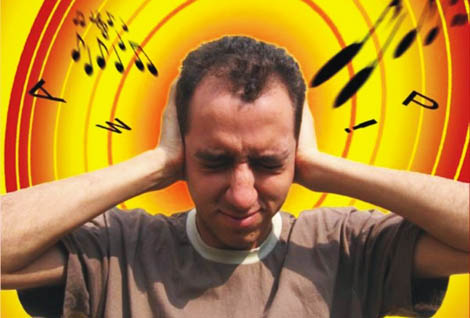 Faro approved the Municipal Regulation of Noise, which establishes the complementary regime to the General Regulation, within the framework of competences attributed to the Municipal Council and which, according to the municipality, "is establishing new rules adapted to the reality of our municipality".
Faro approved the Municipal Regulation of Noise, which establishes the complementary regime to the General Regulation, within the framework of competences attributed to the Municipal Council and which, according to the municipality, "is establishing new rules adapted to the reality of our municipality".
"Notwithstanding the current national legislation, there are situations whose resolution requires more specific regulation and the Municipal Regulation of Noise complements the general law, as it is adapted to the reality of the municipality", stresses the Chamber in a press release.
This regulation allows the local authority to act “more quickly and efficiently in solving noise problems and protecting the population's rights to silence and rest”.
The main objective, adds the municipality, is to "regulate and implement the way in which the municipality's supervisory powers are exercised, with regard to the prevention and control of the various sources of noise likely to cause nuisances, in order to articulate it with the regulation of opening hours of commercial establishments, promoting balance and harmony between different interests, as well as guaranteeing good acoustic quality in commercial and leisure establishments».
The regulation applies to noisy, permanent and temporary activities and to other sources of noise likely to cause annoyance, namely: noisy equipment and work; operation of industrial, commercial, catering and/or beverage and service establishments; terraces; shows, entertainment, sporting events, fairs and markets.
As the main specificities of this municipal regulation, there is the need to install sound level meters for continuous and real-time noise control in night establishments, which is not provided for in the general regulation on noise.
Another norm provides for the installation of antechambers and the need to ensure sound insulation with the placement of anti-vibration supports are necessary conditions for the operation of the establishments.
The regulation also defines a noise limit of 90 dB for commercial establishments and extends the scope of restriction of operating hours and the revocation of special noise licenses in cases of non-compliance with established noise levels, among others.
With the period of public consultation of the Municipal Regulation ended and subsequent approval by the Municipal Assembly, this regulation will come into force on the day following its publication in the Diário da República.


















Comments